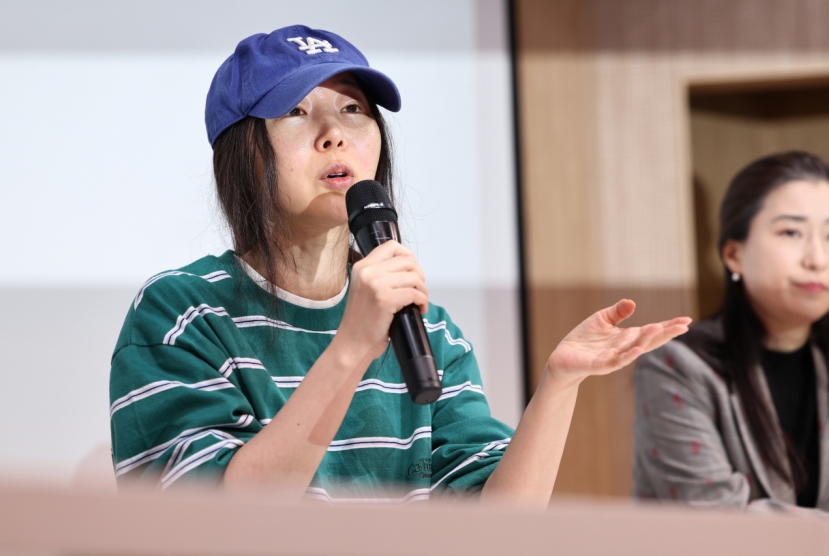S. Korea, U.S. to establish strategy committee on N.K. threats
By KH디지털2Published : April 16, 2015 - 14:14
South Korea and the United States agreed Wednesday to establish a joint defense strategy committee to cope better with ever-growing missile and nuclear threats from North Korea, officials said.
The agreement to create the Deterrence Strategic Committee was one of the most tangible results of the Korea-U.S. Integrated Defense Dialogue that ended its two-day session in Washington. KIDD is a biannual security dialogue between the two allies.
"South Korea and the U.S. have a common perception on the need to develop deterrence measures from a comprehensive perspective in consideration of not only North Korea's nuclear and other weapons of mass destruction program but also ballistic missile threats," a South Korean official told reporters.
The DSC is the combination of two previous committees -- the Extended Deterrence Policy Committee and the Counter Missile Capability Committee. South Korean Deputy Defense Minister Yoo Jeh-seung and U.S. Deputy Assistant Secretaries David Helvey and Elaine Bunn signed an agreement to create the DSC.
The new committee will put together operational plans to cope with the North's nuclear and missile threats in a way that makes the U.S. nuclear umbrella and conventional strike capabilities stronger and more efficient.
The sides also adopted a new implementation plan for last year's agreement to postpone the transfer of wartime operational control over South Korean forces from Washington to Seoul until the South becomes more capable of coping with North Korean threats.
They also agreed to work together on Seoul's plan to launch an association of former members of U.S. Forces Korea in an effort to honor them for their service and help enhance ties between the allies, officials said. Currently, some 28,500 soldiers are stationed in South Korea to help deter the North.
The U.S. Defense Department made no mention of the DSC in its press statement, only saying that the two sides "reviewed developments regarding alliance efforts to strengthen deterrence and to prepare comprehensive responses to North Korean WMD and missile threats."
"The two sides also made progress on implementing plans for the conditions-based approach to the transition of wartime operational control. They reached a consensus on a new framework for transition, which will replace the Strategic Alliance 2015 plan and will prepare it for senior leader review and consideration ahead of the security consultative meeting this October," the Pentagon said.
Officials said the discussions did not include the U.S. wish to deploy a THAAD (Terminal High Altitude Area Defense) missile interceptor battery, which has been the hottest defense issue between the two countries in recent months due to China's outspoken opposition.
Considering its sensitivity, Seoul and Washington have said that there have been no formal consultations or decisions on the issue. U.S. Secretary of Defense Ashton Carter also said in Seoul last week that the U.S. is not ready to begin discussions on the issue. (Yonhap)



![[Herald Interview] 'Amid aging population, Korea to invite more young professionals from overseas'](http://res.heraldm.com/phpwas/restmb_idxmake.php?idx=644&simg=/content/image/2024/04/24/20240424050844_0.jpg&u=20240424200058)















